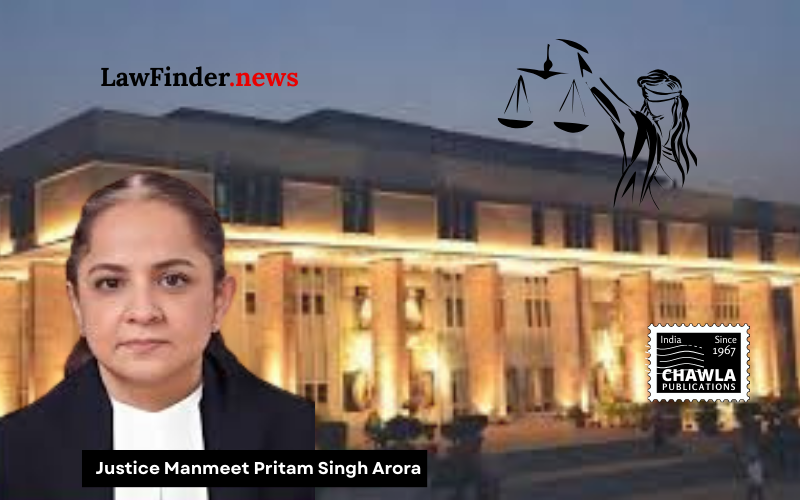Court Protects Spiritual Leader's Personality and Publicity Rights Amidst AI-Generated Video Controversy
In a significant legal development, the Delhi High Court has issued an ex-parte ad-interim injunction to protect the personality and publicity rights of Ravi Shankar, a globally recognized spiritual leader, against the unauthorized use of AI-generated deepfake videos. The court's decision comes in response to a suit filed by Ravi Shankar, who sought to restrain the circulation of manipulated digital content that misappropriated his persona.
Presiding over the case, Justice Manmeet Pritam Singh Arora granted the injunction, acknowledging the prima facie case established by the plaintiff. The court recognized the urgency of the situation, exempting the plaintiff from pre-institution mediation as per Section 12A of the Commercial Courts Act, 2015, in light of the Supreme Court's judgment in Yamini Manohar v. T.K.D. Keerthi.
The plaintiff, represented by senior advocate Nikhil Sakhardande, argued that the deepfake videos, circulated on platforms like Facebook, portrayed Ravi Shankar endorsing Ayurvedic remedies with exaggerated claims. These videos, created using advanced AI technologies, falsely depicted the plaintiff's voice, image, and likeness, misleading the public.
The court directed the defendants, including unknown entities (John Doe), Facebook, and domain registrars, to remove the infringing content immediately. Facebook, managed by defendant no. 4, was ordered to disable access to specific URLs and pages identified in the plaintiff's complaint. The court also mandated domain registrars to lock and suspend domains associated with the unauthorized content.
Furthermore, the court emphasized the protection of Ravi Shankar's personality and publicity rights under Articles 19(1)(a) and 21 of the Indian Constitution, acknowledging the plaintiff's control over the commercial and non-commercial use of his attributes.
The order also facilitated the impleadment of additional defendants, including domain name registrars, to ensure compliance with the court's directives. The Ministry of Electronics and Information Technology and the Department of Telecommunication were instructed to issue notifications to block access to the infringing websites.
The court's decision marks a critical step in safeguarding individual rights in the digital age, particularly concerning the misuse of artificial intelligence and deepfake technologies. Ravi Shankar's legal team expressed satisfaction with the ruling, highlighting its significance in preventing the unauthorized exploitation of personal and publicity rights.
Bottom Line:
Personality Rights - Deepfake content - Violation of personality and publicity rights through unauthorized use of deepfake videos and AI-generated content - Ex-parte ad-interim injunction granted to restrain such infringing activities.
Statutory provision(s): Commercial Courts Act, 2015 Section 12A, Code of Civil Procedure, 1908 Order XXXIX Rule 1 and 2, Code of Civil Procedure, 1908 Order I Rule 10, Articles 19(1)(a) and 21 of the Constitution of India
Ravi Shankar v. John Doe(S) / Ashok Kumar(S), (Delhi) : Law Finder Doc Id # 2787188




